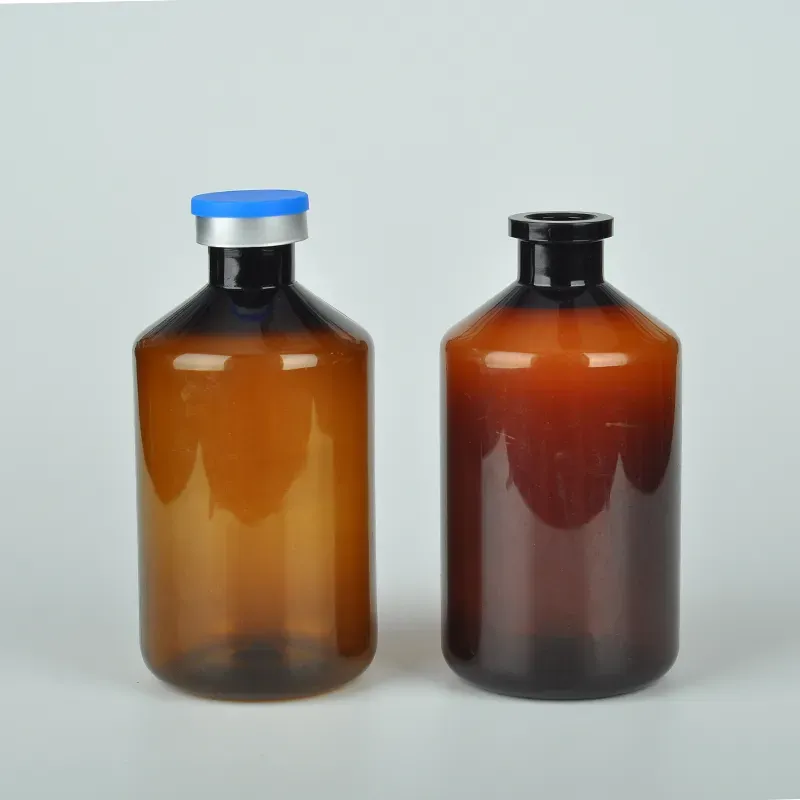Choosing the Right Plastic Centrifuge Tubes for Your Laboratory Needs
The Versatile World of Plastic Centrifuge Tubes A Comprehensive Overview
Centrifuge tubes play an essential role in laboratories and scientific research, acting as essential tools for the separation and analysis of substances through centrifugation. Among the various materials available, plastic centrifuge tubes are increasingly favored due to their versatility, safety, and cost-effectiveness. This article delves into the characteristics, advantages, and applications of plastic centrifuge tubes.
Characteristics of Plastic Centrifuge Tubes
Plastic centrifuge tubes are primarily made from high-quality polymers such as polypropylene (PP) and polyethylene (PE). Both materials offer a range of beneficial properties that make them ideal for laboratory use.
1. Lightweight and Durable Plastic tubes are significantly lighter than their glass counterparts, making them easier to handle and transport. Despite their lightweight nature, they are durable and resistant to breakage, which is a crucial consideration in busy laboratory environments.
2. Chemical Resistance Polymers used in the manufacture of these tubes possess excellent chemical resistance. This quality enables them to withstand various solvents, acids, and bases, making them suitable for a wide array of applications. They are less likely to degrade or react with the substances they contain, ensuring accurate results in experiments.
3. Transparent and Graduated Many plastic centrifuge tubes are designed to be transparent, allowing researchers to easily monitor the contents without opening the tube. Additionally, many models are graduated, providing precision in measurement, which is critical in experimental protocols.
4. Variety of Sizes and Styles Plastic centrifuge tubes come in multiple sizes, ranging from microtubes (typically 1.5 mL or 2.0 mL) to larger tubes (50 mL or more). This variety accommodates the diverse needs of different experiments and allows for the easy separation of small and large volumes of samples.
Advantages of Plastic Centrifuge Tubes
The advantages of plastic centrifuge tubes extend beyond their physical characteristics.
1. Cost-Effective Compared to glass tubes, plastic centrifuge tubes are more affordable, reducing the overall expense of laboratory operations. Their cost-effectiveness makes them accessible for routine use in research and clinical settings.
plastic centrifuge tubes

2. Disposable Options Many plastic centrifuge tubes are designed for single use, significantly decreasing the risk of cross-contamination between samples. This disposable nature ensures higher safety standards, especially in clinical laboratories where maintaining sterile conditions is paramount.
3. Easy to Handle The lightweight nature of plastic tubes makes them easier to handle, particularly during high-speed centrifugation. Their solid construction reduces the risk of leakage or breakage, enhancing laboratory safety.
4. Autoclavable and Non-Autoclavable Types Depending on the specific applications, plastic centrifuge tubes are available in autoclavable and non-autoclavable variants. Autoclavable tubes can be sterilized for reuse, while non-autoclavable options are designed for convenient, single-use applications.
Applications in Science and Medicine
Plastic centrifuge tubes are indispensable in various scientific disciplines, including biology, chemistry, and medicine. They find utility in
1. Molecular Biology Plastic tubes are commonly used for DNA and RNA extraction, as well as for handling plasmids and other nucleic acids. The tubes' compatibility with various reagents ensures reliable results in molecular assays.
2. Clinical Laboratories In medical settings, plastic centrifuge tubes are employed for blood sample collection and separation, facilitating the analysis of serum, plasma, and other components necessary for diagnostic testing.
3. Cell Culture Many researchers utilize plastic centrifuge tubes for cell culture applications, from isolation to storage, due to their ease of use and reliable results.
4. Environmental Science These tubes also find applications in environmental testing, including the analysis of water and soil samples, where contamination must be minimized.
Conclusion
Plastic centrifuge tubes have become a cornerstone of modern laboratory practices, offering benefits that enhance efficiency, safety, and cost-effectiveness. Their versatility across various scientific fields highlights their indispensable role in advancing research and medical diagnostics. As laboratories continue to evolve and embrace new technologies, plastic centrifuge tubes will remain a vital resource for researchers worldwide, facilitating innovation and exploration in the realms of science and medicine.
-
Aesthetic Makeup Spray Bottles | Fine Mist Empty RefillableNewsAug.19,2025
-
White Plastic Veterinary Vaccine Vials | Lab Liquid BottlesNewsAug.18,2025
-
Plastic Medicine Liquid Bottle: Secure Flip Top Drug VialsNewsAug.17,2025
-
Durable 250ml Blue Plastic Vaccine Vial for Lab & Vet UseNewsAug.16,2025
-
Sterile Virus Sample Tubes: Secure & Reliable Specimen CollectionNewsAug.15,2025
-
White 250ml Plastic Vaccine Vial for Lab & Vet MedicineNewsAug.14,2025
























